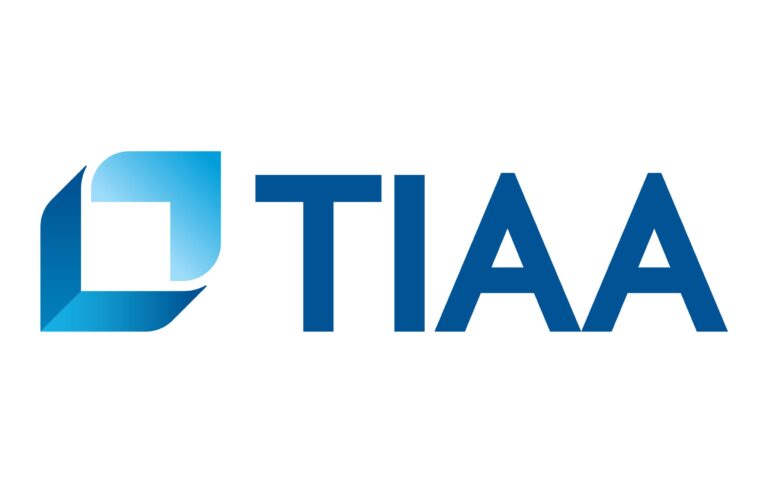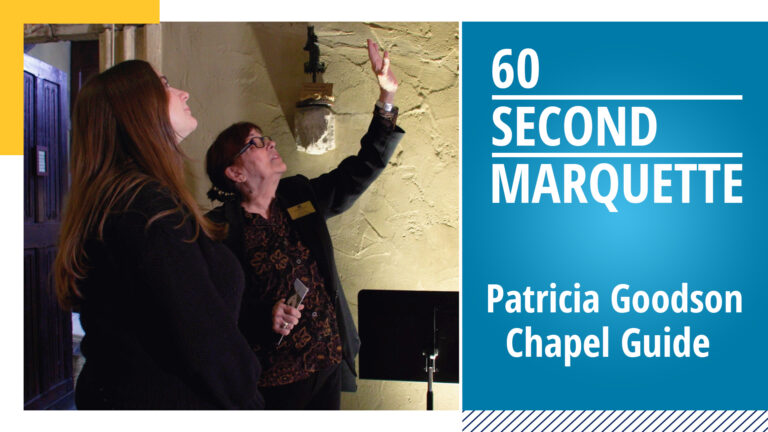Chag Pesach Sameach! Happy Passover!
The festival of Passover, which marks the annual celebration of the Israelites’ exodus from slavery in Egypt, begins at sundown on April 22 and concludes at sundown on April 30.
Passover is one of the three pilgrimage festivals in which Jewish people in antiquity would ascend to offer sacrifices in the Temple in Jerusalem.
Following the Second Temple’s destruction in the year 70 CE, the ancient Rabbis instituted a special meal to be held on the first night of Passover in the land of Israel and on the first two nights of Passover in the diaspora — though some communities in the diaspora only observe the first night.
This meal is called a “seder,” meaning “order” and refers to the specific order of rituals in which the story of the exodus is told through symbolic foods and the exposition of biblical passages.
The first two and last two days of the festival are known as “yom tov,” and on these days Jews traditionally do not perform any work, travel in a car or use electricity.
The intermediate days are referred to as “hol hamoed,” in which many of these restrictions are lifted, but special prayers and scriptural readings are recited in the synagogue. Furthermore, throughout the holiday, special dietary rules are followed.
The central theme of Passover is liberation, and the festival is sometimes referred to as “z’man heiruteinu,” the season of our liberation. During the seder meal, Jews give thanks for Israel’s liberation from bondage in Egypt.
Toward the end of the meal, Elijah the Prophet is symbolically welcomed into the home as the figure who heralds the coming of the messiah. This ritual illustrates the hope that just as Jews celebrate their redemption from Egypt, they pray for and work toward the further redemption of the entire world, when all peoples will be liberated from slavery, poverty, hatred and suffering.
Please note that Jewish students may be absent from class during the first two and last two days of the holiday, and at the beginning of the holiday many students will be traveling home to celebrate and hold seder meals with their families. We encourage faculty to be flexible with attendance, evaluations and assignments during these days. Furthermore, if food is shared in class, please note the additional dietary restrictions observed by Jewish students this season.
If you have any questions about Passover, or need a place to attend a seder meal, please contact Hillel Milwaukee.
Josh Herman, affiliated minister and executive director for Hillel Milwaukee
Steve Blaha, interim director for Campus Ministry



